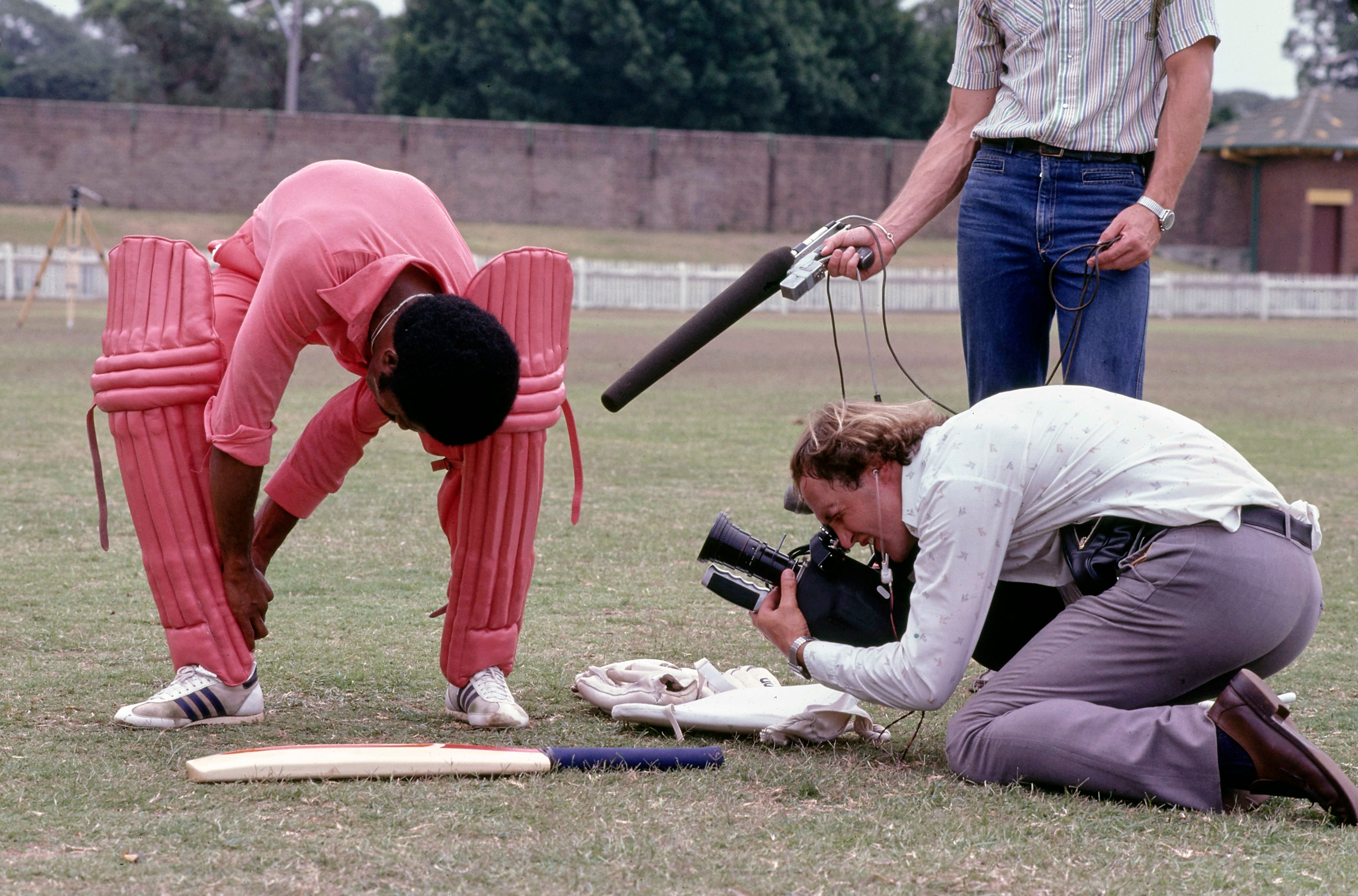Working-class parents don’t see TV or film as ‘stable’ careers for their children
Nine in 10 parents surveyed said they thought the industries were unviable
Your support helps us to tell the story
From reproductive rights to climate change to Big Tech, The Independent is on the ground when the story is developing. Whether it's investigating the financials of Elon Musk's pro-Trump PAC or producing our latest documentary, 'The A Word', which shines a light on the American women fighting for reproductive rights, we know how important it is to parse out the facts from the messaging.
At such a critical moment in US history, we need reporters on the ground. Your donation allows us to keep sending journalists to speak to both sides of the story.
The Independent is trusted by Americans across the entire political spectrum. And unlike many other quality news outlets, we choose not to lock Americans out of our reporting and analysis with paywalls. We believe quality journalism should be available to everyone, paid for by those who can afford it.
Your support makes all the difference.The majority of working-class parents would dissuade their children from pursuing a career in television or film, a new report has found.
Research conducted by Netflix and the National Youth Theatre found that 89 per cent of working-class parents would advise their children against working in TV or film as they don’t see either as a viable career path.
Based on interviews with 2,000 parents and carers, the report found that “traditional” professions such as finance, medicine and law were seen as more “stable” industries to work in because of their frequently higher salaries.
The research also found that young people already working in creative industries do not feel supported by their parents or carers, with three quarters of those surveyed saying their parents felt their careers were a waste of their education.
Reacting to the survey on X/Twitter, one person responded: “It’s objective reality that the British TV and film industry is full of nepotism and connections, working class kids have very little chance getting their foot in the door.”
Meanwhile, another user added: “This also applies to the arts in general. This is so extremely sad and worrying for our future. More opportunities in the arts and the world would be a much brighter, happier place.”
The latest research comes shortly after it was revealed in May that working class representation in the film and TV industry has plummeted to the lowest level in a decade.
Only eight per cent of creatives in the film and TV industries identified as being from a working class background, while over 60 per cent of those working in the same sector were middle or upper class, the highest level in 10 years.

According to the research conducted by the Creative Industries Policy and Evidence Centre at the University of Sheffield, the vast majority of people working in the field are from middle or upper class backgrounds.
“There is a sense sometimes that I feel like I don’t belong in certain events and certain people I’ve met who I do feel sometimes judged by,” Sam Oddie, a filmmaker told Channel 4 News.
Despite winning multiple awards, he said he still struggles to do what he loves full time.
“I feel like I’ve had to earn it and I’ve eventually gotten to the point where I do feel involved and welcome, but there wasn’t [that feeling] in the beginning.”

Join our commenting forum
Join thought-provoking conversations, follow other Independent readers and see their replies
Comments